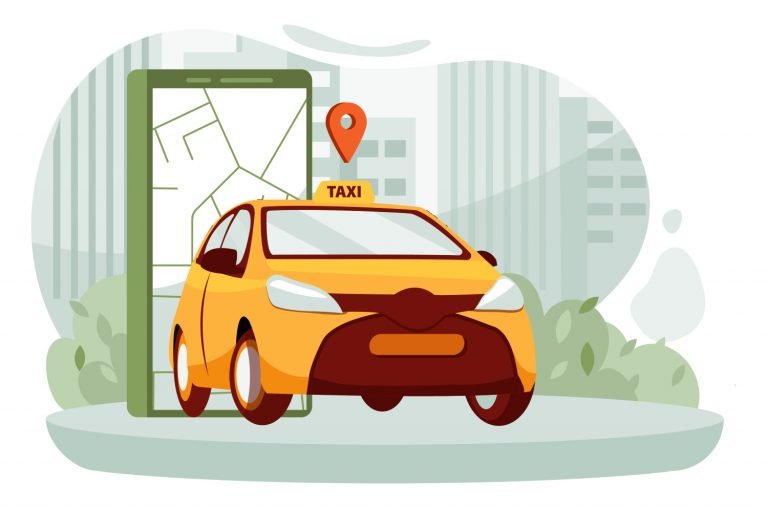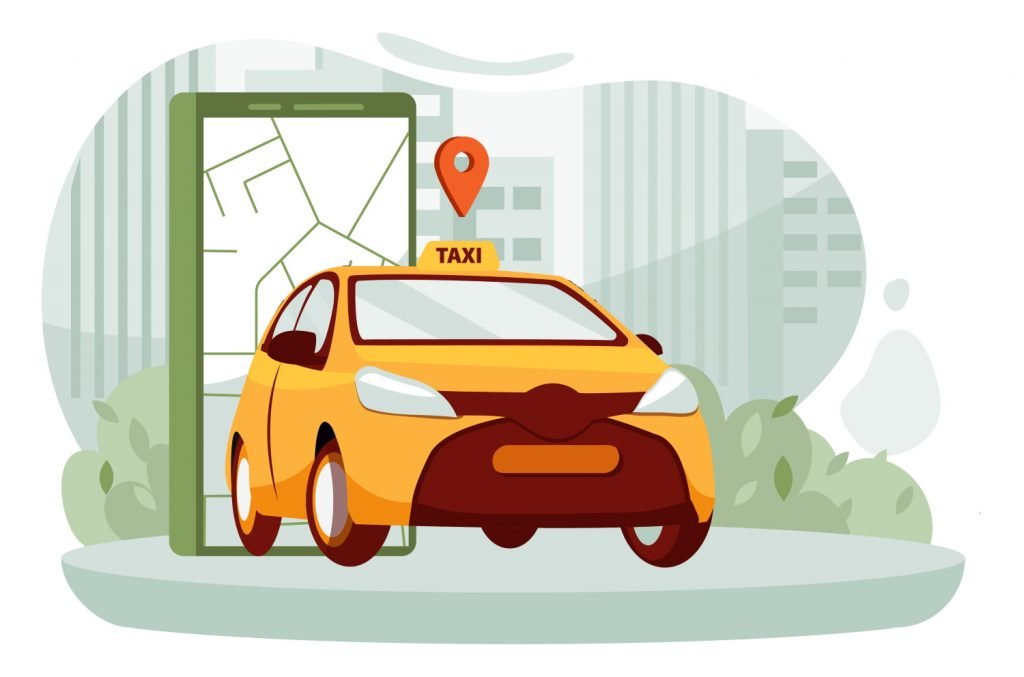Location-based applications are continually growing in popularity. This type of app is able to deliver content to an individual based on their exact location at a given time. They can physically locate the user, by using GPS, wireless access points and other technologies.
In turn, users can then receive location and time-sensitive advice about nearby stores, events, or anything else a business is promoting. Here we examine benefits and uses of location-based apps. Will your company benefit from adding this to your service range?
How they work
Location-based applications use your phone’s GPS or wireless access point to indicate where users are located when using an app. The app then gives users information based on their surrounding area. So many companies are employing this technology today, whether that’s to advertise local restaurants, point to local sales or activating nearby offers.
This technology can be used to send users of apps location-based notifications, which is a marketing method many companies are employing. While many industries have already adopted this technology, we expect it to only increase in popularity in the upcoming years. Companies are beginning to see its benefits and the various uses for location-based applications within different market sectors.
Benefits for businesses
In comparison to a standard application, location-based applications offer far more personalisation opportunities for companies. You’ll find you see instant results from using location-based apps. Users can be alerted about sales or incidents in their area, which they can then respond to immediately if needed.
Marketing is one of the biggest areas where this technology is being considered. Rather than just having generic offers, you can add time-sensitive and relevant content that’s tailored to your user’s current location. Based on the data received by companies, they’ll then be able to predict what users in a certain space could buy. This data can be used to create meaningful content and marketing activities in any area of the world.
Safety is also another reason companies may opt to use location-based technology. Apps can warn users of potential threats or risks in their area, such as a hurricane warning or a safety alert. These apps can target users down to their exact location instead of just sending out an alert to an entire city or county.
This is the same for marketing, where offers don’t have to just be tailored to a country or region but can be made just for a small area within a town or city. For companies that are trying to expand their reach or know they have certain areas where sales are weak, it’s a good way to reach a specific audience.
Let’s talk specifics
Many of the world’s most successful businesses are already using location-based applications. Companies are rushing to get ahead of their competitors, as the benefits of this technology are so clear. We recommend this as a marketing tool for companies with high street stores or who may be looking to offer their service in a specific area.
When you’re on the high street, you may be looking for a place to eat or purchase a certain item. Alerts for incentives and offers in your area may sway your choice when making a decision. If you see a sale or discount at a restaurant, you are far more likely to eat there than otherwise.
Using location-based apps can help you to target customers when you are having a slow day and wish to increase store attendance. It’s easier to target someone when they are nearby than when they’re at home. If your competitors are using this technology in your area, you’ll soon want to add this option to your app.
You’ll find that you lose business very quickly if another company is offering deals and promotions directly to your audience. Keeping up with this type of technology is critical for many industries and may heavily influence success in future.
Types of businesses that should use them
Many businesses could benefit from this type of application, but some are more suited than others to this technology. As previously mentioned, retail and restaurants are probably the two most obvious choices for these apps. This allows customers to find a nearby shop and choose a delivery or pickup location.
Within these businesses, you’ll want to look at sending notifications to users to alert them to your store or current offers. The other area that uses this technology is delivery services. Track the progress minute by minute of your takeaway or parcel delivery. This offers real-time updates and keeps customer satisfaction levels higher. It also allows drivers to plot their route for more efficient use of their time.
The transportation and automotive industries use location-based technology with GPS. Local taxi, bus and train companies may have an app that allows you to see if services are running on time and updates users about delays. Lyft and Uber are two of the best examples of location-based apps. They provide taxi drivers with the best route for the day, based on current traffic levels and accidents nearby.
Gaming companies also take advantage of this technology to create fun, interactive games using the local area. Finally, travel and tourism companies benefit from this development thanks to the ability to highlight local hotels and attractions. Most hotel booking sites offer you map views today, so you can find somewhere nearby to stay when you are in a rush.
The future is here
Location-based applications are something that almost any company or industry could benefit from. Over the next few years, expect this technology to become even more common as organisations notice the advantages for both users and marketing.
If you’re thinking about getting location based applications for your own business, speak to BSPOKE Software.

